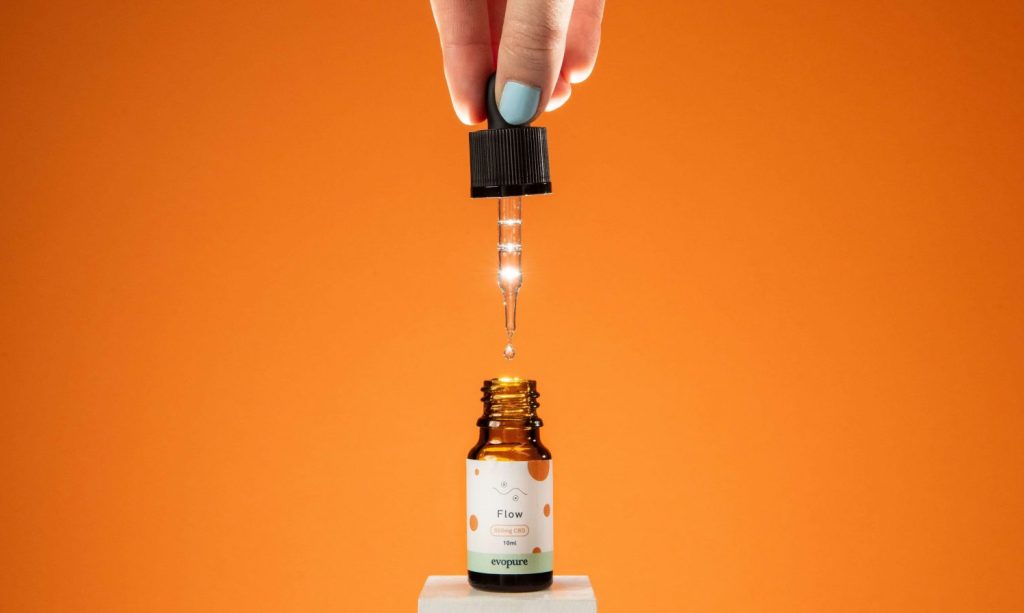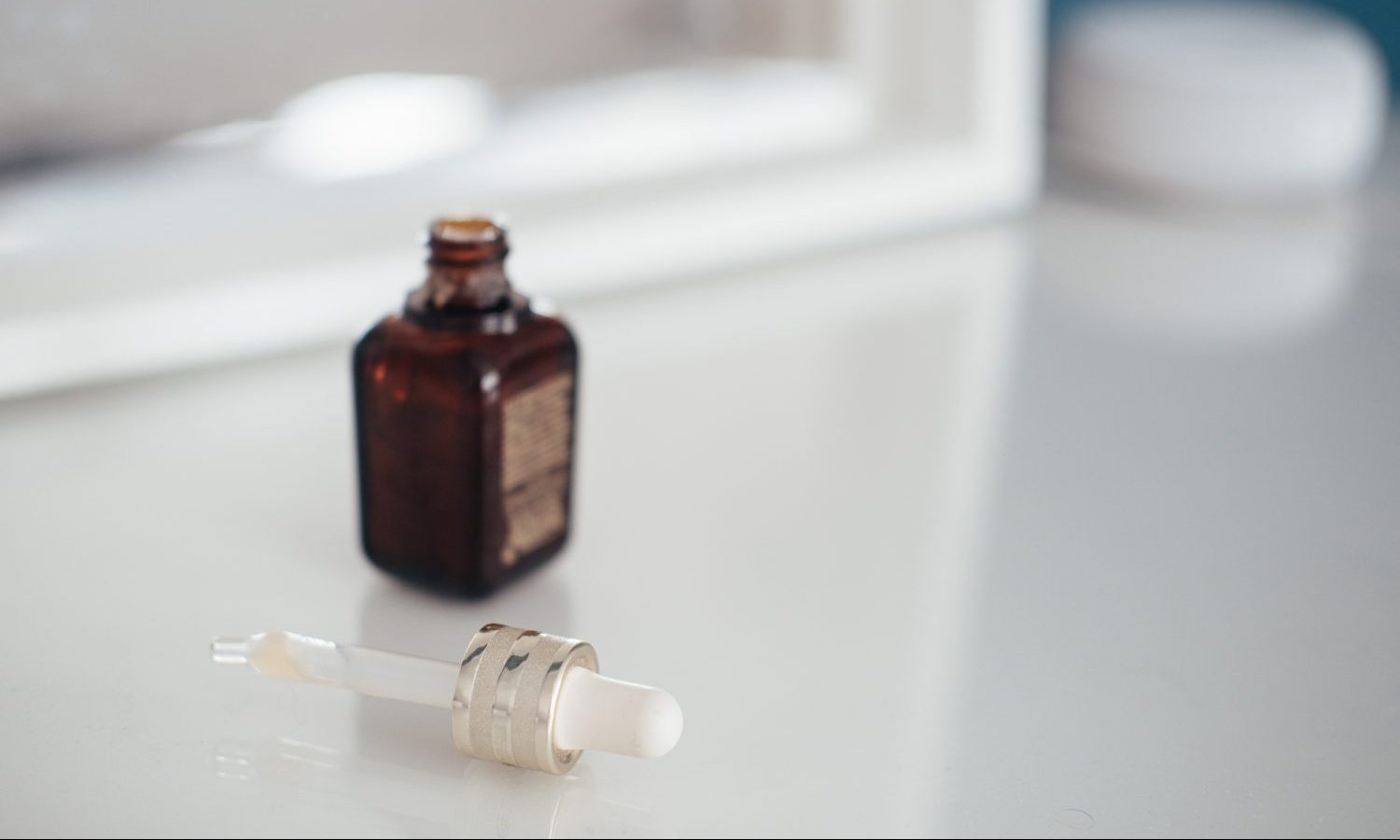A well-designed regulatory scheme aimed at bad actors without over-regulating the industry would likely lead to positive market gains, says one industry expert.
By Andrew Ward
Recent settlements between the U.S. Federal Trade Commission (FTC) and six CBD operators underscore the latest attempt to curtail long-running mislabeling concerns.
A new endeavor, Operation CBDeceit, now aims to crack down on CBD operators’ deceptive claims that the drug treats medical conditions.
“The FTC is requiring each of the companies, and individuals behind them, to stop making such unsupported health claims immediately, and several will pay monetary judgments to the agency,” says Braden Perry, a regulatory and government investigations attorney with Kansas City-based Kennyhertz Perry LLC.
RELATED: FTC Announces Crackdown On CBD
The first-of-its-kind industry crackdown targeted six sellers and their unsubstantiated medical claims.
A 2017 Penn University study found that nearly 70% of extracts sold online were mislabeled. The following year, an analysis of the UPenn study concluded that inadequate regulations contributed to the startling industry issue.
In July 2020, the Food and Drug Administration reported that less than half of the 150 products evaluated were labeled correctly.
Meanwhile, the CBD market — expected to reach a $26.4 billion valuation by 2025 — continues to grow while facing ongoing issues about mislabeling and misleading claims.
Regulations Prevent Additional CBD Insights
While mislabeling is a concern, so too is the lack of lab studies to verify CBD claims.
In a joint email response, Brett Goldman and Steve Bevan of OCAN Group (formerly GennCanna Global) note that CBD sits in a grey-area regarding federal and state regulations.
“We know that they’re watching the industry intently and will continue to do so until a regulatory framework is released,” they said.
The only recent regulatory shift on the federal level leaves CBD short on verified lab studies, limiting operators from saying much without running afoul of the feds.
Jeff Greene, founder and business development director for The Florida Hemp Council, says “as more research is done, many of these issues will go away.”
“Many companies have tried to thumb their nose at the regulators, and that never goes well long-term,” Greene says.

Mixed Reaction From The Industry
OCAN expected this type of regulation since 2017, and called it a positive signal from regulators and their belief that CBD is inherently safe.
Henry Baskerville, a partner at Fortis Law Partners in Denver, also supports the FTC decision.
“All for it,” Baskerville says, adding that his support stems from the more radical claims made by individual operators.
“Some of them say that CBD cures cancer or HIV or all this, and it’s irresponsible,” he adds, citing how improper actors give the market a bad name, leading the public to consider CBD as snake oil.
RELATED: The FDA Continues To Chase CBD Companies
Others are concerned about the precedent set by the FTC.
“Without clear guidance for the industry, this is dangerous territory for the FTC,” Perry says. A hasty attempt to nab every improper actor could lead to a failed mission and more harm to the burgeoning space.
Also, lab testing must be more consistent in the future.
“Getting five different results from five labs makes running a cannabis company very frustrating,” Greene says.
RELATED: The Hemp Standard Is 0.3% THC — And That Should Be Changed
Perry and Greene noted that the market can improve under the right circumstances.
A well-designed regulatory scheme aimed at bad actors without over-regulating the industry would likely lead to positive market gains, Perry says, adding that the success would have to stem from collaborations between regulators, legislators and operators.
This article originally appeared on Benzinga and has been reposted with permission.


